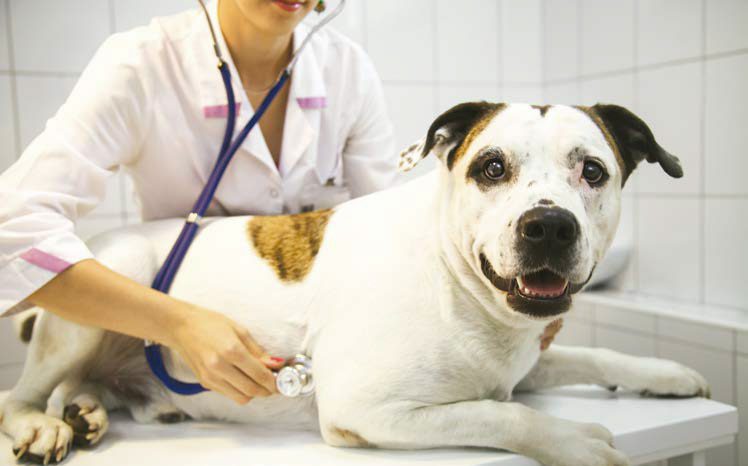
Pet Care – What to Expect from a Vet Visit
When seeking veterinary care for your pet, knowing what to expect is beneficial for all concerned. Both pet owners and patients deserve a good examination. Many findings can result from a single visit, enabling veterinarians to suggest measures to take right now and those that can wait until later.
Most visits to our clinic start with the pet owner telling us what the problem is or is believed to be. What we expect from you is to tell us the whole story of what really happened or could be a factor … anything that might help in diagnosing, treating and healing your friend. Maybe he ate a toy or some table food he shouldn’t have. Perhaps it involves access to garbage or a car accident. Do not withhold any details for fear of being judged or blamed. What we need to give a diagnosis is good information and a thorough physical examination.
Adequate time, privacy and space are also in the mutual interest of patient, pet owner and doctor. Privacy does not mean you can not be in the consultation room when your pet is examined. It means space for our initial meeting and getting to know each other enough to feel comfortable. That includes letting you know what to expect in terms of your pet being touched and examined.
Even if your pet’s health condition appears to be confined to a specific area, the examination should be comprehensive. Whether your vet proceeds from head to tail or vice versa does not matter, as long as the entire body is checked. Depending on findings, a collateral test might be required such as blood tests, x-rays or ultrasound. We suggest a complete blood workup for all patients at least once a year, due to the high incidence of tick fever in our area. In addition, a 4DX snap test for heartworm, a relatively new disease here, should be performed annually..
Physical examinations also include cardiac auscultation, ideally when patients are calm, made to feel more comfortable by their owner, and used to the veterinarian. When heart anomalies are detected,a cardiologist might be consulted to diagnose and treat a pet’s heart condition, including an appropriate diet for optimal life quality and expectancy.
Another objective of physical examinations is to determine eye conditions for possible referral to an ophthalmologist.
Starting at the onset of their senior stage, older pets require a more thorough examination to assess their current condition and their future needs. This complete checkup, in addition to the routine aspects covered above, would include urinalysis, kidney function, ultrasound and x-rays.
Some veterinary clinics, including ours, offer health care packages covering different procedures during different visits or geared to your pet’s specific priorities. Loving your pet means taking care of its needs. Preventive medicine is always less expensive than curative medicine. Time does not forgive … early is much better than late. A good vet is not just someone who knows all diseases, but who knows what is not normal.
